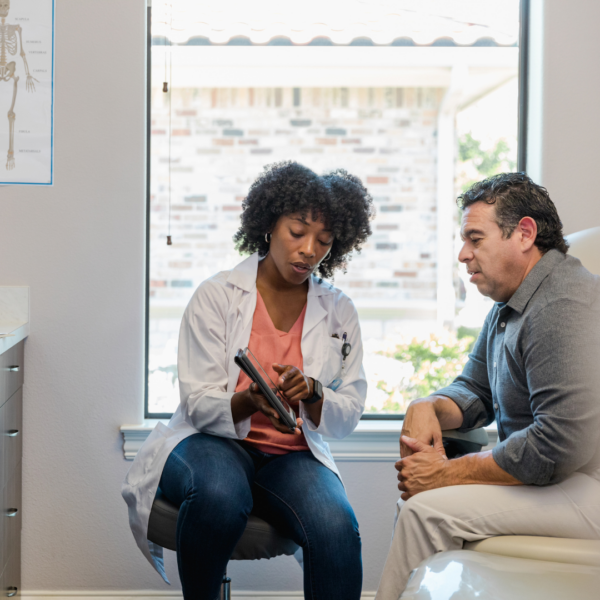At CentraState, ensuring health equity is not only a strategic priority – it’s at the heart of our healthcare system. Our team members are invested in the health and well-being of all people throughout our region.
What Is Health Equity?
Health equity means that every person has the opportunity to achieve the healthiest life possible, regardless of race, ethnic background, socioeconomic status and other factors.
Unfortunately, many people face health inequities – or health disparities – that prevent them from attaining their full health potential. Because of these disparities, they may have differences in length of life, quality of life, rates or severity of disease and access to care.

How Is CentraState Helping?
At CentraState, we support the elimination of health disparities as a National Patient Safety Goal so that all Americans can achieve optimal health. We work to identify where health disparities exist, address these inequities and connect people to resources to achieve better health. Here are just some of the strategies we use.
Health Equity Initiatives and Resources
CentraState Medical Center’s Health Equity initiatives include:
Community Resource Directory
Browse a comprehensive directory of local community resources and social programs available to support your overall health, such as accessing healthy food, medication assistance, transportation and housing resources and much more. To find community resources in your area based on your needs and preferences, search by zip code and category or keyword.

